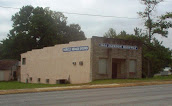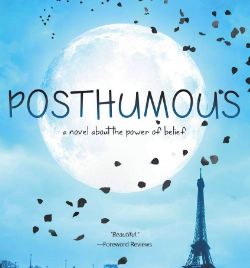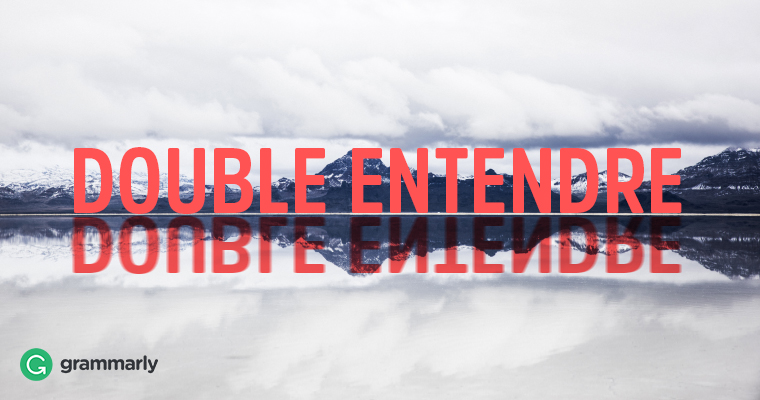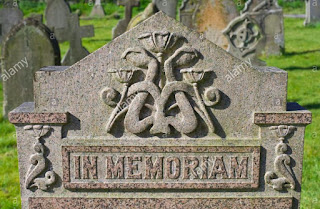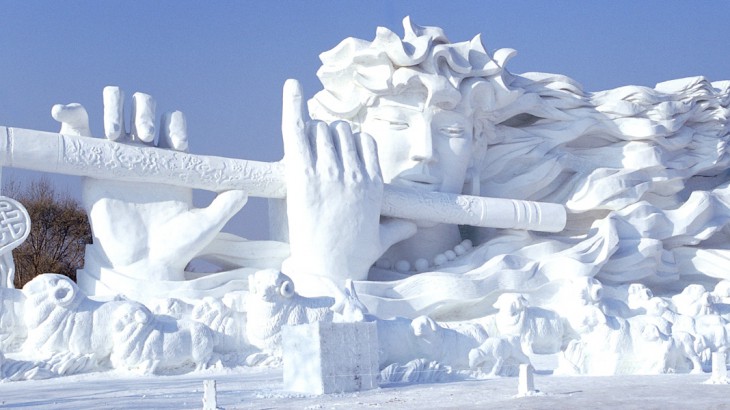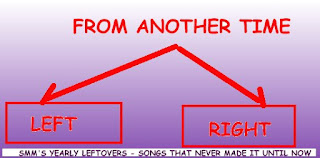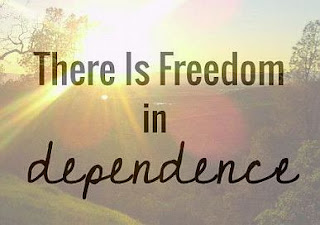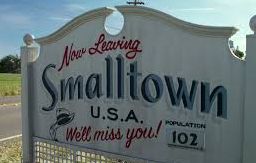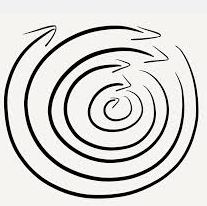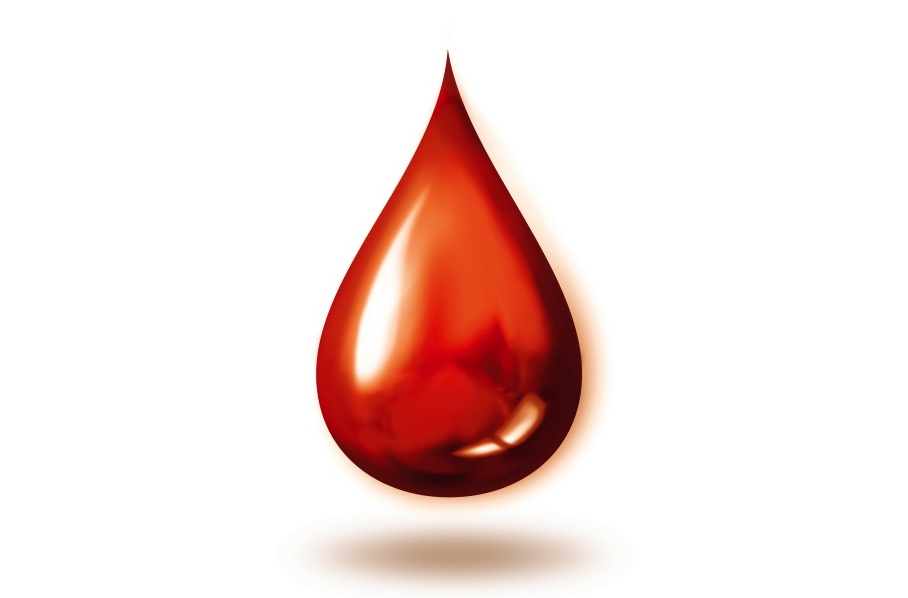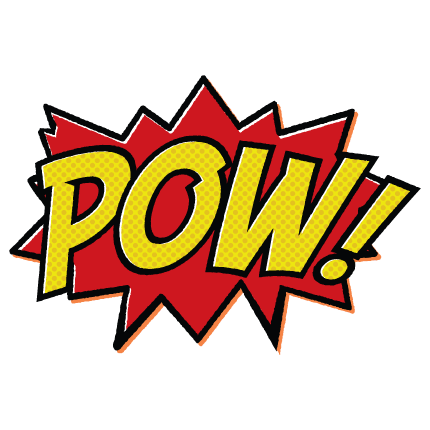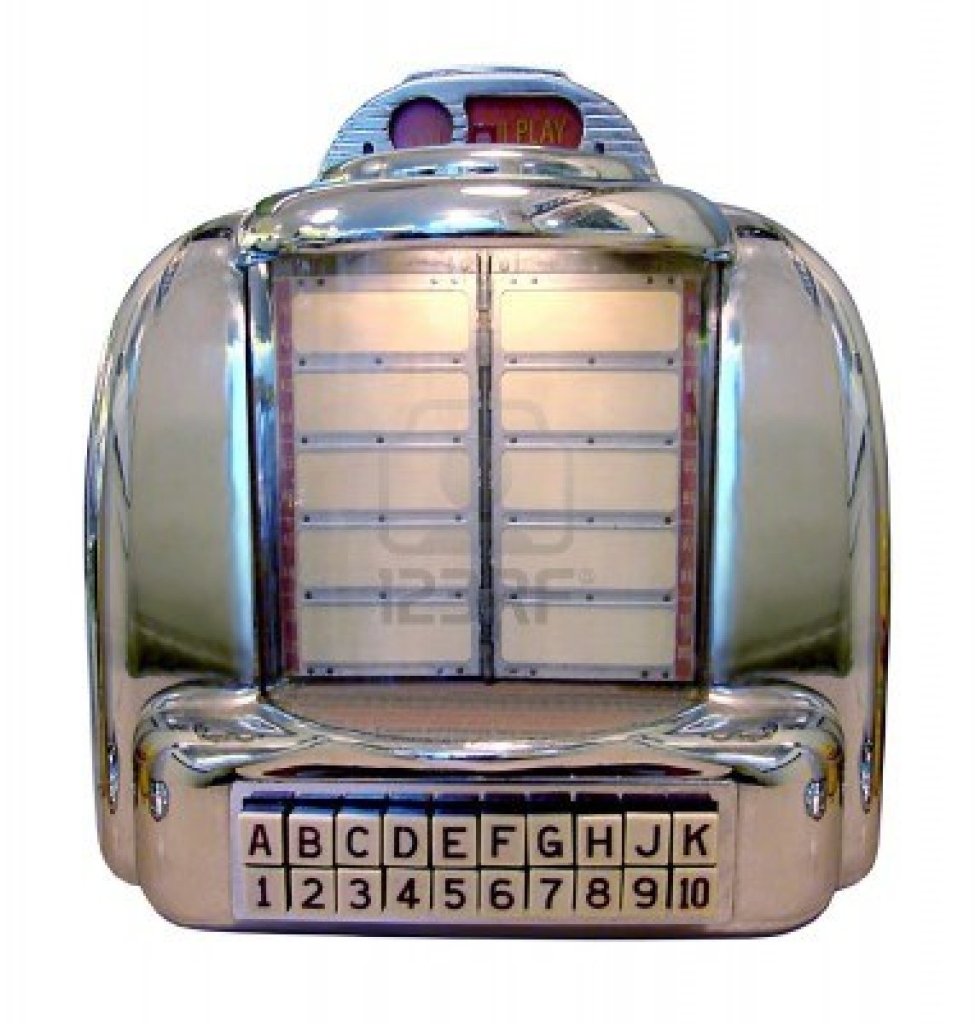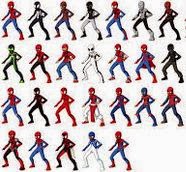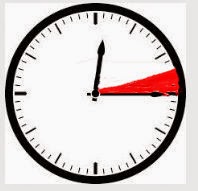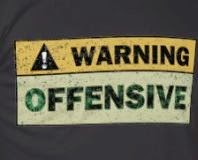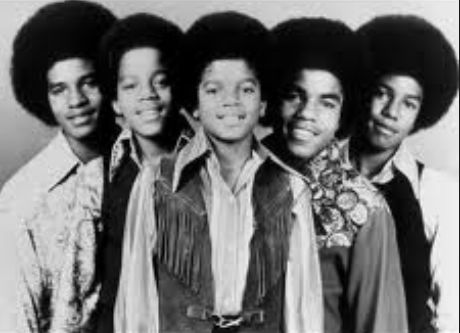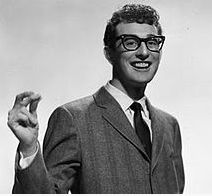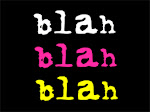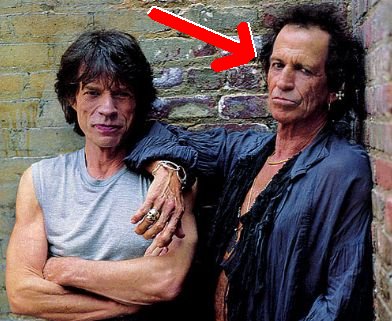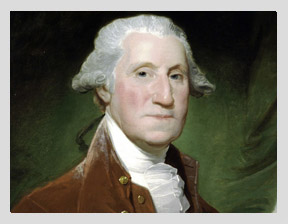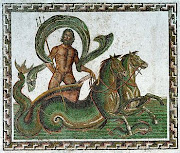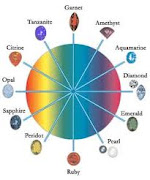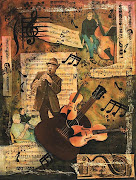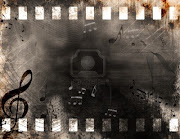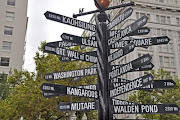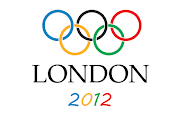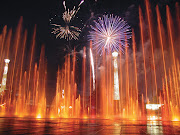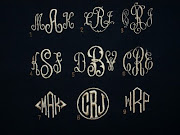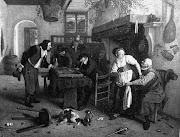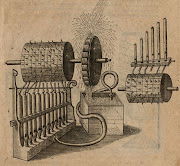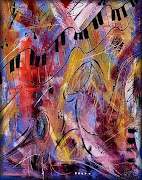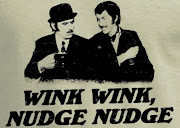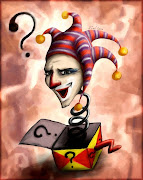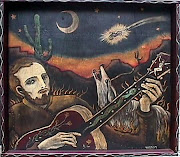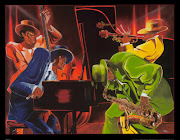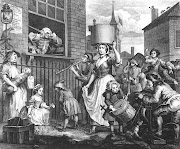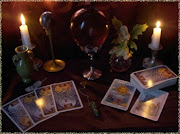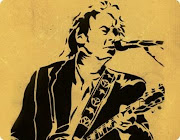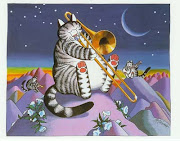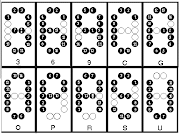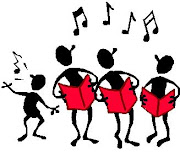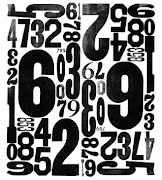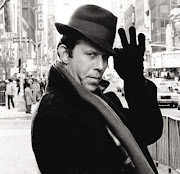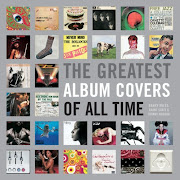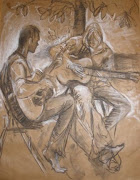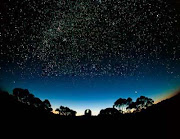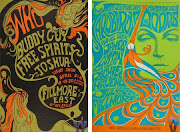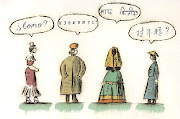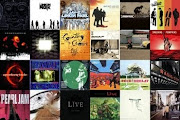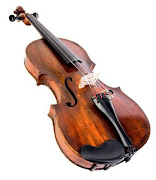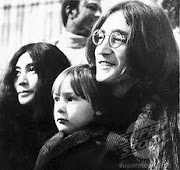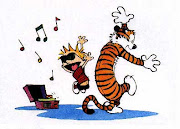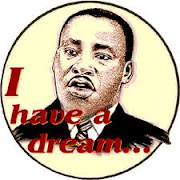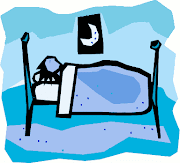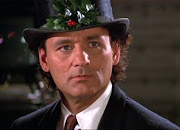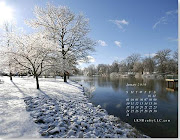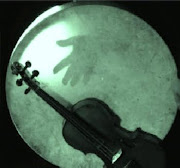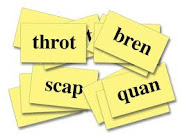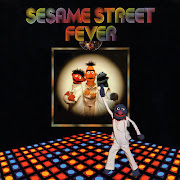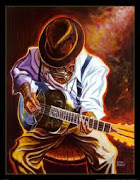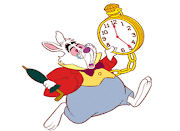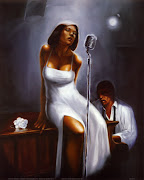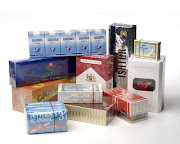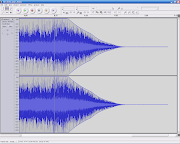[purchase]
I was a history major in college, and continue to enjoy reading about and discussing historical topics, so this theme is a natural for me. Over at my new blog, I’ve recently written about Civil War and Revolutionary War related things, and my wife’s family’s genealogy, and have occasionally plumbed the historical record in writing here. So, I didn’t want to repeat myself (again) despite the apparent invitation to do so in the theme. Instead, I thought, how about writing about World War I, which seems to have been overshadowed by its more recent and more horrifying sequel. However, beyond the trying effect of the war on the Crawley family, I think it is fair to say that most people don’t recognize how much that war, which ended nearly a century ago, still has a profound influence on the world today.
To the extent anyone thinks of the First World War, you probably have in your head an image (probably in black and white) of trenches, or pointy German helmets, or maybe poison gas, or those cute, if deadly, airplanes. Turn on any of the TV channels that have history shows, and it seems to be about 80% about Nazis, with a smattering of Civil War and American Revolution programming, and maybe a rare Vietnam show. Not much about the War of 1812, for some reason. In a recent listing of the top news stories of the 20th Century, the outbreak of WWI only placed 8th, behind both the assassination of President Kennedy and Neil Armstrong’s walk on the moon. Both of these were important, but as important as WWI? I don’t think so.
According to Wikipedia, more than 17 million people died, and 20 million people were injured during the war, making it one of the deadliest conflicts ever. More remarkably, the war, and its aftermath, resulted in social and political changes that echo to this day. You can trace much of the turmoil in the Middle East, for example, to the arbitrary borders that were drawn after the war as well as the promise made to create a Jewish homeland in Palestine. The wars in the Balkans were a delayed reaction from the post-war breakup of the Austro-Hungarian Empire. The Bolshevik Revolution was certainly abetted by the war’s turmoil. The rise of the United States as a predominant world actor stemmed from its relatively unscathed position after the war, while the British Empire’s decline was accelerated. And of course, the short-sighted and punitive Versailles Treaty led to chaos in Germany, and was used as a rallying cry that helped vault the Nazis into power. That’s just for starters. Add the Armenian Genocide, the Great Depression, an influenza epidemic, the decline of hereditary aristocracy, weakening of colonialism, the League of Nations, the increase of the use of technology in war, improvements in medicine and surgery, and the expansion of the franchise to women in some countries, and you begin to see how the 21st Century is, in many ways, the product of the War to End All Wars (That Didn’t Even Come Close). And there are even more effects, but this is a music blog, not AP European History.
On a human level, though, it was the death of an entire generation of (mostly) young (mostly) men, and the disillusionment of the survivors that led to the dubbing of this period as the “Lost Generation.” (Compare that to how the WWII era is recalled—as the “Greatest Generation.”) Never before had so many been killed in so many countries in such a wide swath of the world. Huge cemeteries were created, or existing ones expanded, to provide resting places for the dead and memorials for the missing. Eric Bogle, a Scottish folksinger who emigrated to Australia in 1969, visited one of these cemeteries in Northern France, and wrote a song, “No Man’s Land,” reflecting on the (apparently fictionalized) gravestone of one soldier, and the pointlessness of war. Bogle, who likely was also reacting to the futile conflict in Vietnam, also wrote another famous WWI song, “And The Band Played Waltzing Matilda,”
The song owes much to the American song, “Streets of Laredo,” which itself is derived from earlier English and Irish songs (gotta love folk music!), particularly in the use of the line “Did they Beat the drum slowly, did they play the pipes lowly?” (Also the source of the title of the baseball novel, Bang The Drum Slowly). It has been often covered (and modified), sometimes under the title “Green Fields of France,” or “Willie McBride.” The lyrics are clear and unsparing in their sentiment:
And I can't help but wonder now, Willie McBride,
Do all those who lie here know why they died?
Did you really believe them when they told you "the cause?"
Did you really believe that this war would end wars?
Well the suffering, the sorrow, the glory, the shame,
The killing, the dying, it was all done in vain,
For Willie McBride, it's all happened again,
And again, and again, and again, and again.
The featured version is by Dropkick Murphys, best known as a rollicking Celtic punk band from Boston, who don’t do the expected thing and speed up the song. It is from their excellent album The Warrior’s Code which also included “I’m Shipping Up to Boston,” which featured lyrics written by Woody Guthrie (who wrote his share of anti-war songs), and was used in the movie The Departed (and in beer commercials, at sporting events, and on TV shows, including The Simpsons), and strangely, by two Republican candidates in Wisconsin, leading to denunciations by the band.
Since the armistice that ended the fighting of World War I, at 11:11 am on 11/11/18, and the subsequent treaties that formally ended it, there have been more than a few more wars—way too many more, unfortunately, some of which are happening even as you read this. Bogle was, tragically, right.




































